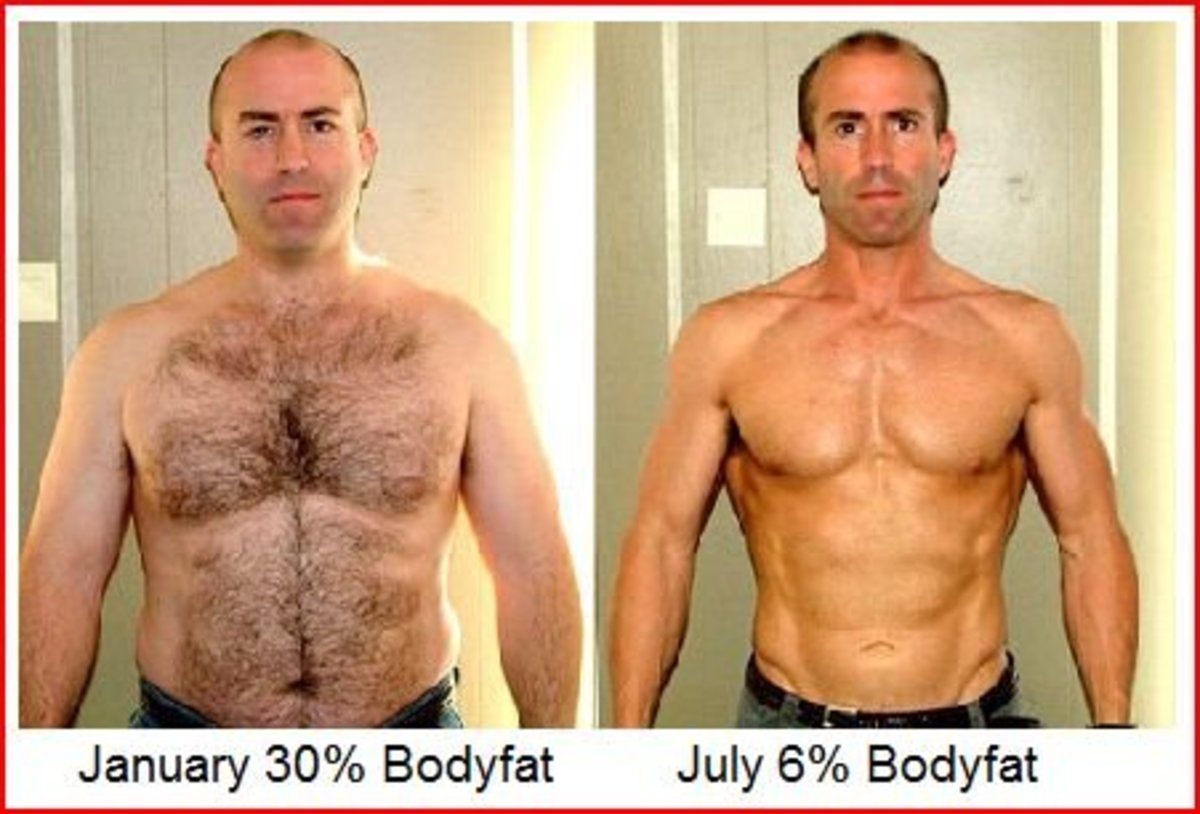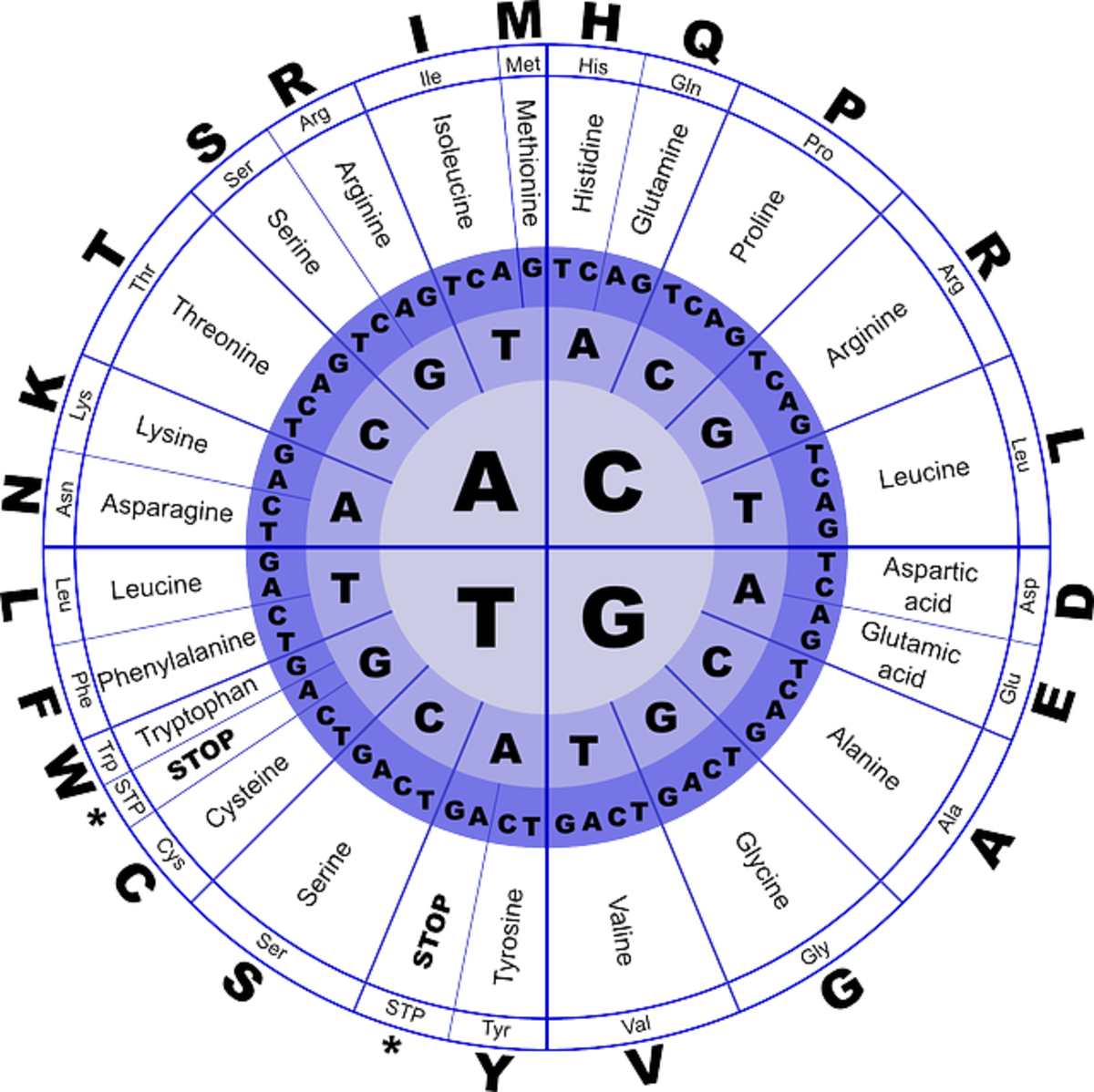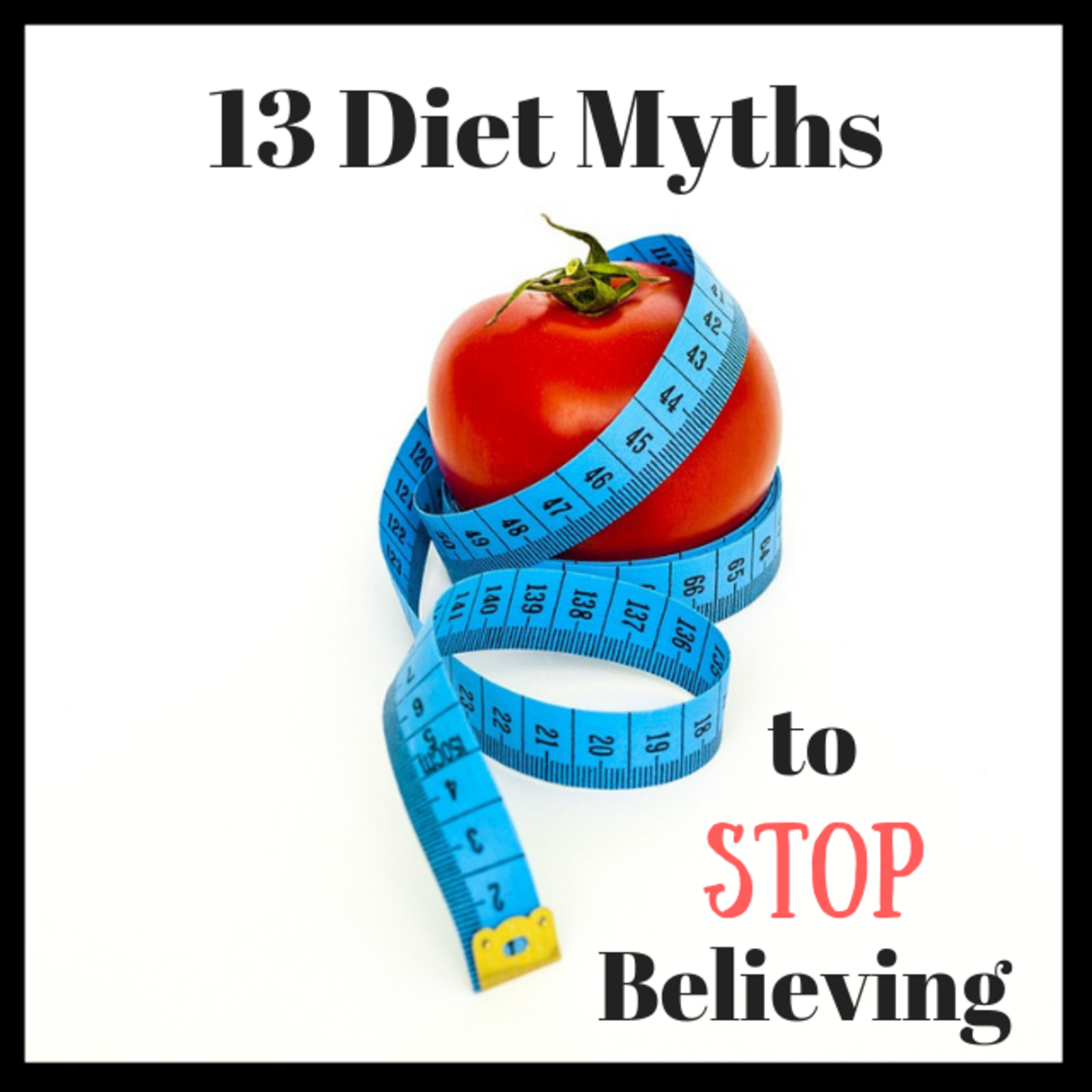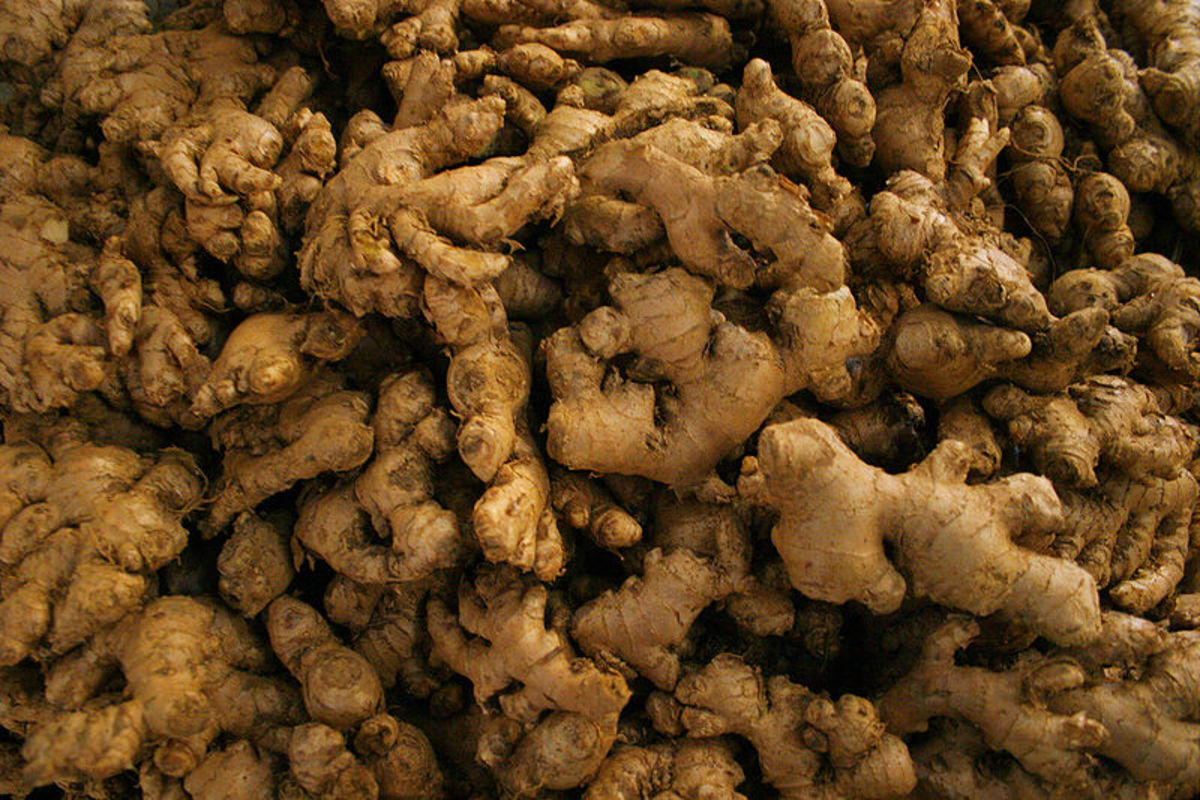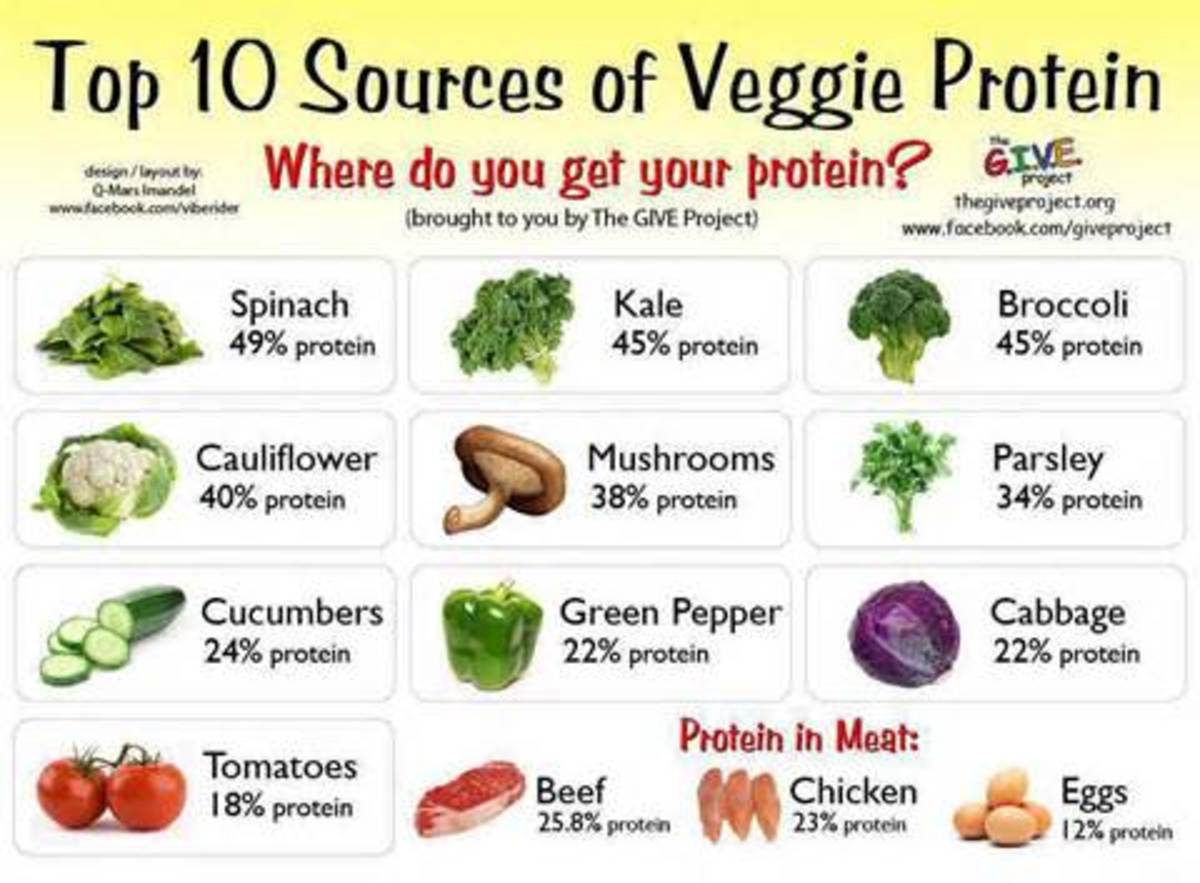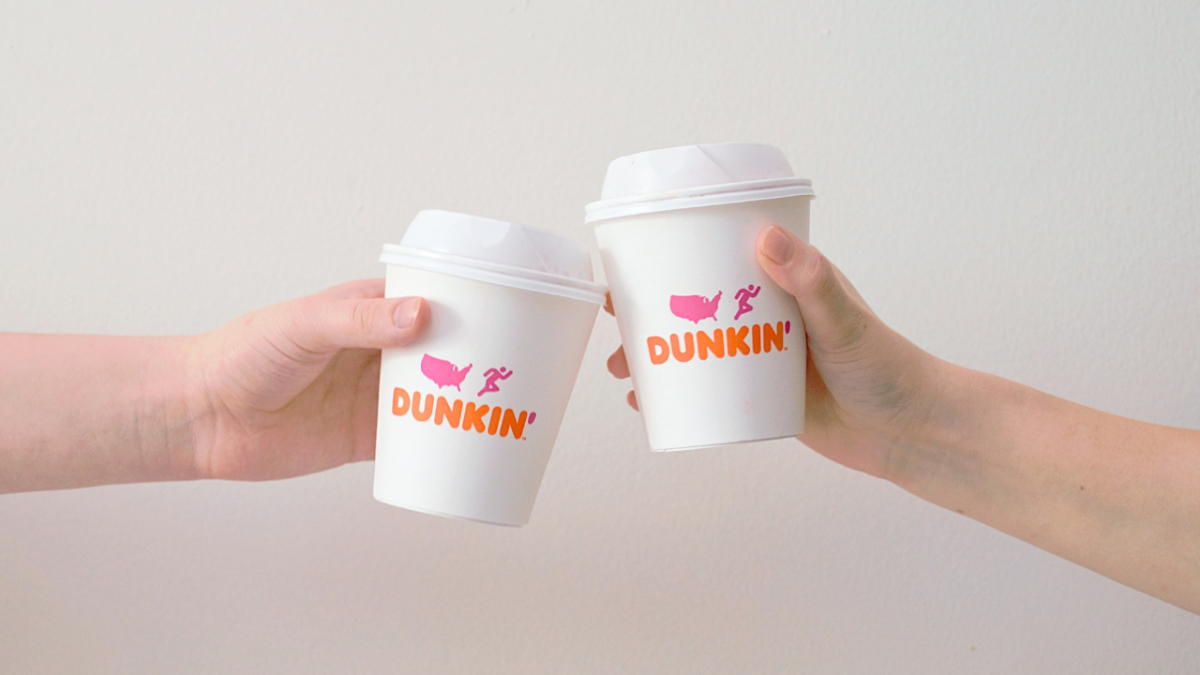Lean Protein Foods
About the Author
Abby Campbell, BSc, SFN, SSN, CPT, is a leading professional fitness and nutrition expert, researcher, and published author of One Size Does NOT Fit All Diet Plan, one of Amazon's Top Gluten-Free and Weight Loss Diets. (You may read more about Abby at the bottom of this article.)
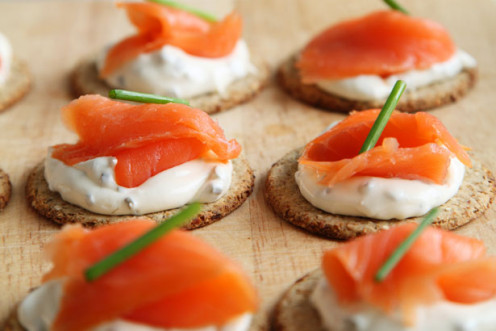
5 Benefits of Protein for Weight Loss
Protein is a very important nutritional building block, especially for body composition.The amino acids that make up protein are responsible for your body's structure, hormones, enzymes, immune chemicals, and more. Your body needs 20 amino acids. However, your metabolic processes naturally make only a limited number of them. Because your body cannot produce certain amino acids naturally, it will have to get them from a diet rich in the essential amino acids. If you don't, your body will breakdown and suffer from disease, disorder, and eventually cease to function.
For optimal health, you should have protein at every meal and snack. Protein is needed for many reasons. It keeps your blood's PH levels balanced, maintains proper hormone levels, and regulates proper fluid balance. It preserves muscle (especially in times of dieting) and is an energy source when there are no carbohydrates available. Your immune system relies on protein for proper functioning.1 Protein is also very beneficial for weight loss delivering a higher metabolic rate; increasing glucagon levels, IGF-1, and anabolism; and regulating growth hormone.
Quality Lean Protein Foods
- 95% lean ground beef
- flank steaks
- skinless chicken breast
- turkey
- pork tenderloin
- seafood
- fish
- egg whites
- low-fat cottage cheese
- Greek yogurt
- skim milk
- tempeh
- tofu
- quality protein isolate powders

Protein Weight Loss Benefit #1 - Higher Metabolic Rate
Protein foods burn more calories than carbohydrates and fats. The thermic effect of food increases energy expenditure that comes from the digestion and processing of nutrients in food. A specific dynamic action occurs between protein, carbohydrates, and fats. Research has shown that protein boosts metabolism by 20 to 30 percent while carbohydrates boost metabolism by five to 10 percent and fats zero to five percent.2 For every 100 calories you ingest, 20 to 30 calories will be burned for digestion and absorption while leaving a net of 70 to 80 calories for proteins. This is why it is said that protein is thermogenic and leads to increased metabolism. It burns at least twice as many calories as carbohydrates and fats, which provides you with greater fat loss. When protein is overeaten, gaining fat is difficult.
Protein Weight Loss Benefit #2 - Increased Glucogen
Protein increases glucagon which is a hormone that fights the effects of insulin. Unregulated insulin levels will wreak havoc on the body leading to potentially severe health problems. Glucagon also helps decrease the making and storing of body fat, which also means higher fat loss during dieting and less fat gain while overeating.3
Protein Weight Loss Benefit #3 - Growth Hormone Regulation
Eating enough protein ensures your body is getting all amino acids which are the building blocks to make growth hormones. Metabolism is slowed if you don't get enough growth hormones, which can lead to lower bone density, muscle loss, and a number of other physiological and mental issues.4/5
Protein Weight Loss Benefit #4 - Increased IGF-1
Protein increases IGF-1 which is an anabolic hormone that increases muscle growth. Higher IGF-1 spares muscle while dieting, and it increases muscle mass while overeating.6
Protein Weight Loss Benefit #5 - Anabolism
Eating protein keeps your body in an anabolic, or constructive, state. Not getting enough protein causes muscle catabolism or deterioration. Muscle tissue burns body fat, so keeping your body in an anabolic state is important for weight loss.7
How Much Protein Per Day?
Proteins for Vegans
Your options for adequate protein levels are limited. Certain essential amino acids are only obtainable through meat, poultry, egg, dairy, and fish foods. Therefore, it's important that you receive those amino acids through supplementation. If you're not sure how to plan your daily menus with adequate amounts of the essential amino acids, please see a nutritionist that specializes in vegan diets.
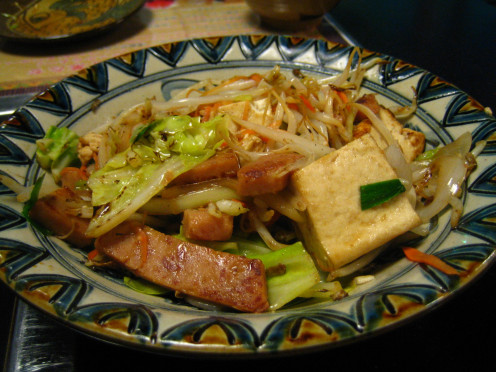
Protein's Importance for Losing Weight
It's very important to make sure you're receiving enough protein in your daily diet, especially while on a weight loss diet. Most people get enough carbohydrates and fats within their diets, and some receive even too much. However, it can actually be quite difficult to get enough essential amino acids (protein) without dietary intervention. Maintaining the amino acid pool is like a full sink of water without a drain plug. Amino acids are lost constantly through the pool. Therefore, it's crucial to get enough protein in your diet. Without adequate daily amino acid intake, you may put yourself in a net negative protein balance. Staying in the negative too long, your body's enzymes and structural proteins are cannibalized. Eventually, vital functions begin to shut down.
You can make sure your protein intake is adequate by either planning your menu and/or having protein at every single meal and snack. For those trying to lose weight, 1 to 1.25 grams of protein per pound of body weight is sufficient. As you lose body weight, you also lose bits of muscle which is made up of protein. To make sure your loss is minimal, make sure you eat protein every two to four hours which is every meal and snack. If you don't have time for cooking every meal, you can opt for convenient protein powders or ready-made shakes. Greek yogurt, low-fat cottage cheese, hard-boiled eggs, and natural low-sodium deli meats are also some great snacks that are quick.
POLL
Do you include lean proteins in every meal and snack?

Tell Us What You Think
You're reading "Lean Protein Foods" by Abby Campbell. Please leave a comment and tell us what you think below. Then share the article with your family and friends. You may even share on Facebook, Twitter, or Pinterest (buttons to your right).


About the author
Abby Campbell, BSc, SFN, SSN, CPT, is a leading professional fitness and nutrition expert, researcher, and published author. For the past 10 years, she has coached thousands of women locally and online to lose body fat and lead healthy lifestyles. Her clients have lost thousands of pounds, reclaimed health, and call her “Coach No Gimmick.” She is from Northern Virginia but now resides near Charlotte, North Carolina. Abby has been married for 20 years and has three grown daughters, one of which is autistic. She is a 19 year cancer survivor.
Get Abby's Book Today!

Enjoy more of Abby's hubs!
- How to Keep a High Metabolism
Keeping a high metabolism is important to health and reaching weight loss goals. Learn how to avoid the dreaded weight loss plateau with the right weight loss plans. - How Natural Foods Burn More Calories
Learn how you can use natural foods to eliminate weight loss plateau and boost metabolism. Include them in your maintenance or weight loss plans today. - How to Create a Diet Plan with Food You Actually Lik...
Most maintenance or weight loss plans are a one-size-fits-all plan. Learn how you can create a diet plan with food you actually like that will actually boost your metabolism and be fun to plan.

References
[1] Berardi, J. & Andrews, R. (2009). The Macronutrients. International Sports Sciences Association. Nutrition: The Complete Guide (166-175). Carpinteria, CA: International Sports Sciences Association.
[2] Institute of Medicine of the National Academics (2005). Energy. National Academy of Sciences. Dietary Reference Intakes for Energy, Carbohydrate, Fiber, Fat, Fatty Acids, Cholesterol, Protein, and Amino Acids (114). Washington, DC: The National Academies Press.
[3] Blom, W., Lluch, A. & Stafleu, A., et al. (2006, February). Effect of a High-Protein Breakfast on the Postprandial Ghrelin Response. The American Journal of Clinical Nutrition, 83(2), 211-220. Retrieved from http://www.ajcn.org/content/83/2/211.full.pdf.
[4] Yakar, S., Rosen, C.J. & Bemer. W.G., et al. (2002, September 15). Circulating Levels of IGF-1 Directly Regulate Bone Growth and Density. The Journal of Clinical Investigation, 110(6), 771-781. doi: 10.1172/JCI15463. Retrieved from http://www.jci.org/articles/view/15463.
[5] Sjogren, K., Leung, K. & Kaplan W., et al. (2007, April 24). Growth Hormone Regulation of Metabolic Expression in Muscle: A Microarray Study in Hypopituitary Men. American Journal of Physiology Endocrinology and Metabolism, 293(1), E364-E371. doi: 10.1152/ajpendo.00054.2007. Retrieved from http://ajpendo.physiology.org/content/293/1/E364.full.pdf.
[6] Ibid.
[7] Tipton, K.D., Elliott, T.A. & Cree, M.G., et al. (2004, December). Ingestion of Casein and Whey Proteins Result in Muscle Anabolism after Resistance Exercise. Medicine & Science in Sports & Exercise, 36(12), 2073-2081. doi: 10.1249/01.MSS.0000147582.99810.C5. Retrieved from http://www.sportsnutritionworkshop.com/Files/18.SPNT.pdf.

